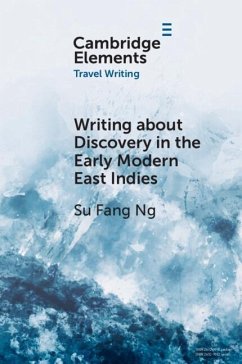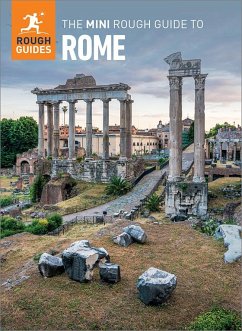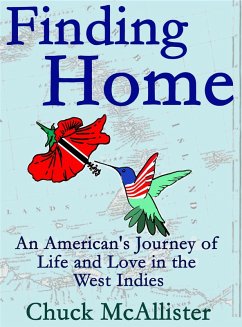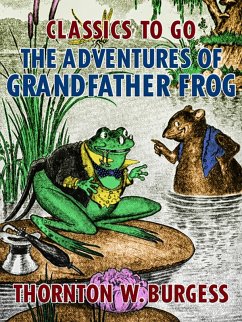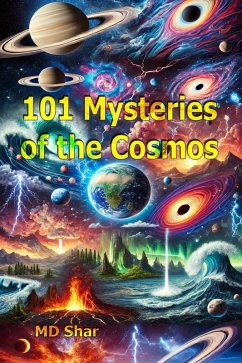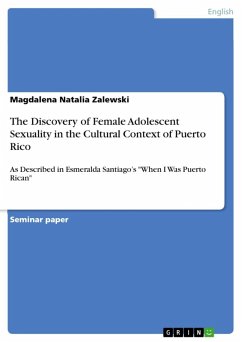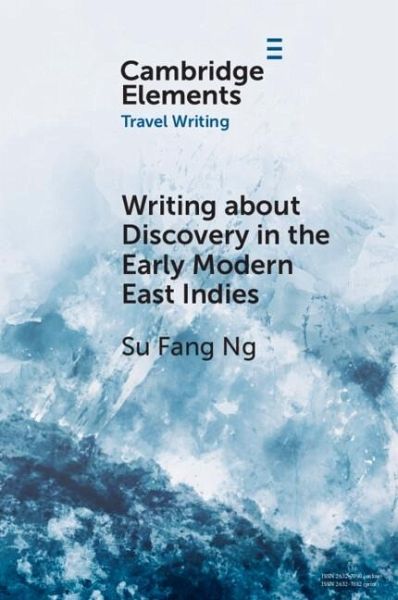
Writing about Discovery in the Early Modern East Indies (eBook, ePUB)

PAYBACK Punkte
8 °P sammeln!
Portuguese explorations opened the sea-route to Asia, bringing armed trading to the Indian Ocean. This Element examines the impact of the 1511 Portuguese conquest of the port-kingdom of Melaka on early travel literature. Putting into dialogue accounts from Portuguese, mestiço, and Malay perspectives, this study re-examines early modern ''discovery'' as a cross-cultural trope. Trade and travel were intertwined while structured by religion. Rather than newness or wonder, Portuguese representations focus on recovering what is known and grafting Asian knowledges-including local histories-onto Eur...
Portuguese explorations opened the sea-route to Asia, bringing armed trading to the Indian Ocean. This Element examines the impact of the 1511 Portuguese conquest of the port-kingdom of Melaka on early travel literature. Putting into dialogue accounts from Portuguese, mestiço, and Malay perspectives, this study re-examines early modern ''discovery'' as a cross-cultural trope. Trade and travel were intertwined while structured by religion. Rather than newness or wonder, Portuguese representations focus on recovering what is known and grafting Asian knowledges-including local histories-onto European epistemologies. Framing Portuguese rule as a continuation of the sultanate, they re-spatialize Melaka into a European city. However, this model is complicated by a second one of accidental discovery facilitated by native agents. For Malay texts too, travel traverses known routes and spaces. Malay travelers insert themselves into foreign spaces by forging new kinship alliances, even as indigenous networks were increasingly disrupted by European incursions.
Dieser Download kann aus rechtlichen Gründen nur mit Rechnungsadresse in A, B, BG, CY, CZ, D, DK, EW, E, FIN, F, GR, HR, H, IRL, I, LT, L, LR, M, NL, PL, P, R, S, SLO, SK ausgeliefert werden.




